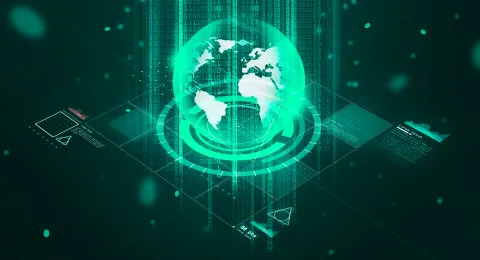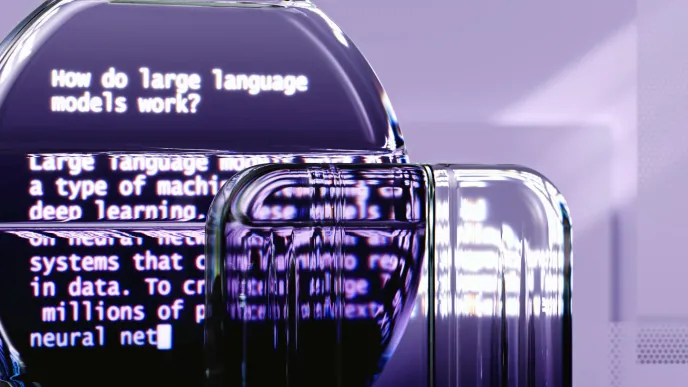The meaning of intelligence is undergoing a profound transformation. Artificial intelligence and neurotechnologies are now being woven into daily life, prompting new questions about how these technologies influence what it means to know, to think, and to participate in society.
To understand these changes, it is essential to look beyond the headlines about technological breakthroughs and disruptions. Social sciences provide a perspective that interrogates the evolving relationship between humans and machines, inviting reflection on the values that will guide our digital future.
“Social sciences bring a critical lens that goes beyond the technical, ethical, and regulatory dimensions of AI and big data. We ask questions about who benefits, who is left behind, and how these technologies redistribute power in society,” says Edemilson Paraná, associate professor at LUT University.
The critical approach is especially important as AI systems increasingly influence decisions about labour and governance. AI is especially visible in the financial sector, where algorithms now play a central role.
“AI is increasingly used in things such as trading and credit scoring, but it comes with challenges. These include opacity in decision-making, new forms of market volatility, and the concentration of financial power in the hands of Big Tech and large financial institutions.”
LUT explores AI and technology across academic fields
According to Paraná, the examination of the broader picture is exemplified in LUT’s interdisciplinary approach to research. The university’s Department of Social Sciences is embedded in an environment surrounded by technology and business experts, and this fosters collaboration between various fields of research.
“What sets us apart is that we strive to bring critical, global, and systemic societal perspectives into these conversations, ensuring that technology is not studied in isolation but as part of wider economic and political processes.”
Paraná himself recently received a Starting Grant from the European Research Council (ERC) to study how neurotechnologies are reshaping work and workforce governance in the US, Europe, and China. Similarly, he leads a Research Council of Finland project exploring the extent to which our social definition of intelligence is changing in connection with advances in AI and other digital technologies.
“With these types of projects, collaboration with international universities, research centers, and industry actors is paramount."

Comparing AI development in Finland and Latin America
Having grown up in Brazil, Paraná has also had the opportunity to see the development and implementation of artificial intelligence both in Finland and Latin America. The comparison reveals how social and institutional contexts shape technological change.
“Finland has a strong tradition of public investment in education, research and innovation, which creates a more coordinated environment for AI development. In Latin America, the picture is more uneven: there are vibrant pockets of innovation, but often with fewer resources and deeper inequalities in access and impact.”
He points out, however, that both regions are increasingly dependent on foreign digital platforms. This connects back to the question of how these technologies redistribute power in society. Regulation is a crucial measure to promote equality, but what is also needed is a broad understanding of the upsides and downsides of technology.
“AI, like any technology, is not neutral; it reflects the values and power relations of the societies that create and use it. My role as a social scientist is not to cheer or condemn, but to critically examine how AI is shaping our world and to contribute to building fairer and more democratic digital futures.”
More information:









